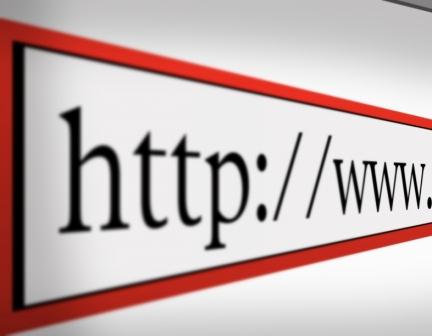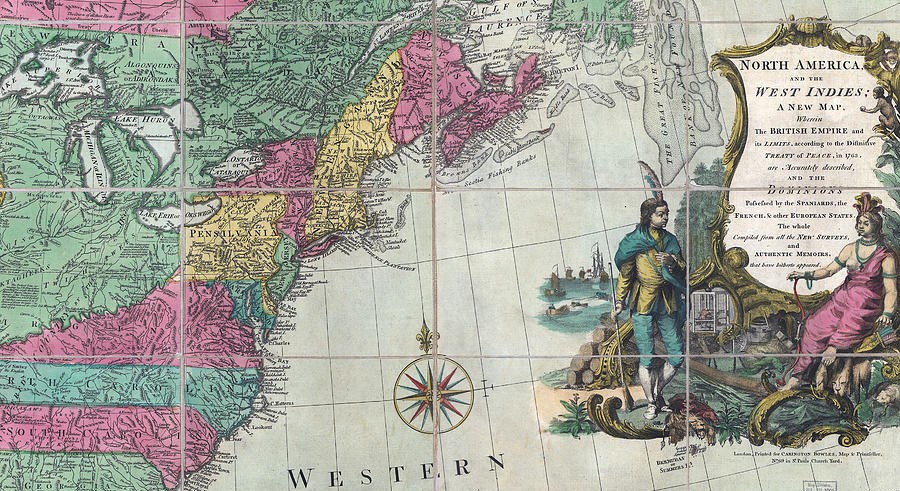Possible Disinformation Regarding the use of masks to prevent COVID-19
Last Updated on June 21, 2021 by Hamad Subani
Despite numerous sources citing the effectiveness of using N95 masks to prevent contracting COVID-19 in public places, it seems some health authorities in the West are actually discouraging their use in public places.
Their logic? Creating a rush demand for these masks would create a shortage for them for healthcare professionals. But again, companies like 3M (which makes most of N95 masks) have already gone into overtime production, with huge demand coming from China. To quote,
3M is seeing an increased demand for respiratory protection products following the outbreak of a newly identified coronavirus (2019 novel Coronavirus, 2019-nCoV). In response, 3M is increasing respirator production to help meet demand, and working with distributors to help ensure they have inventory to meet end-user demand. 3M is committed to supporting the public health and governmental response to the Coronavirus while maintaining supply to existing customers.
And many more companies are doing the same. Prices have already jumped tenfold. And where there is demand, supply catches up.
To quote the United States Centre for Disease Control,
Use respiratory protection (i.e., a respirator) that is at least as protective as a fit-tested NIOSH-certified disposable N95 filtering facepiece respirator before entry into the patient room or care area.
This would also apply to going through public places where there have been reports of COVID-19.
But to quote a Canadian Doctors Association,
There is no need for healthy individuals to wear a mask within Canada, unless they are experiencing symptoms or caring for someone with COVID-19.
And to quote the Office of the Chief Medical Officer of Health (NS) on how to deal with patients showing symptoms,
if possible, provide patient with a surgical/procedure mask (N95 not required) to wear to ED to limit exposure to others
Special Bulletin from the Office of the Chief Medical Officer of Health (NS), dated 27th February 2020
To quote an email sent by Professor Jonathan Shewhuk (a Professor of Computer Science) of UC Berkeley in an email sent to all of his students,
Unfortunately, it is getting hard to find face masks and rubber gloves, but if you can get some, I recommend wearing them whenever you leave your home. (If you don’t mind looking silly, add goggles, as it is reputed the virus can infect the eye.) Some authorities have been telling the public not to buy masks. I would strongly advise you to ignore that message (the product of a bureaucracy that sees us as nothing more than interchangeable resources). Also, remember that masks are not only to protect you, but also to protect other people if you have the virus. (Most people who have it will not initially realize they have it.)
Even more important is to avoid public meetings insofar as it is reasaonbly possible (stay home), to wash your hands frequently (alcohol alone doesn’t suffice because it doesn’t cut through oil; use a soap/surfactant and optionally add alcohol), and to avoid touching your face, mouth, eyes, nose, ears, etc. at all times. (One of the nice things about masks and gloves is that they remind you this.)
Perplexing.
Update: The New York Times has done an article on this bizarre contradiction. As expected, they claim that Health Authorities deliberately misled people on the mask issue to address logistical shortages. Wonder what else they are misleading us on. To quote,
First, many health experts, including the surgeon general of the United States, told the public simultaneously that masks weren’t necessary for protecting the general public and that health care workers needed the dwindling supply. [………..] Second, there were attempts to bolster the first message, that ordinary people didn’t need masks, by telling people that masks, especially medical-grade respirator masks (such as the N95 masks), needed proper fitting and that ordinary people without such fitting wouldn’t benefit. This message was also deeply counterproductive. Many people also wash their hands wrong, but we don’t respond to that by telling them not to bother […….] Third, of course masks work — maybe not perfectly and not all to the same degree, but they provide some protection. Their use has always been advised as part of the standard response to being around infected people, especially for people who may be vulnerable. World Health Organization officials wear masks during their news briefings. [……….] It is of course true that masks don’t work perfectly, that they don’t replace hand-washing and social distancing, and that they work better if they fit properly. And of course, surgical masks (the disposable type that surgeons wear) don’t filter out small viral particles the way medical-grade respirator masks rated N95 and above do. However, even surgical masks protect a bit more than not wearing masks at all. We know from flu research that mask-wearing can help decrease transmission rates along with frequent hand-washing and social-distancing. Now that we are facing a respirator mask shortage, the federal Centers for Disease Control and Prevention is recommending that surgical masks are “an acceptable alternative” for health care workers — again, obviously because some protection, even if imperfect, is better than none. In the face of this, publicly presenting an absolute answer — “You don’t need them” — for something that requires a qualified response just makes people trust authorities even less. Fourth, the W.H.O. and the C.D.C. told the public to wear masks if they were sick. However, there is increasing evidence of asymptomatic transmission, especially through younger people who have milder cases and don’t know they are sick but are still infectious. […………] Fifth, places like Hong Kong and Taiwan that jumped to action early with social distancing and universal mask wearing have the pandemic under much greater control, despite having significant travel from mainland China. Hong Kong health officials credit universal mask wearing as part of the solution and recommend universal mask wearing. In fact, Taiwan responded to the coronavirus by immediately ramping up mask production. Sixth, masks are an important signal that it’s not business as usual as well as an act of solidarity. [………]
Update June 2020: “Masks Are Neither Effective Nor Safe: A Summary Of The Science.” A great read.
Update June 2020: “Adverse Effects of Prolonged Mask Use among Healthcare Professionals during COVID-19,” from the Journal of Infectious Diseases and Epidemiology.
Update February 2021: “Long-Term Mask Use May Contribute to Advanced Stage Lung Cancer, Science Suggests.” This is based on a Scientific study.
Update 20th May 2021: A great article by Emily Burns establishes a scientific case against the use of regular cloth masks, which while offering zero-protection, are being still being imposed to keep people on the edge.
Update May 2021: Unhygienic, reused masks are being linked to an outbreak of deadly Black Fungus infections among Covid-19 patients in tropical countries such as India and Uruguay. In a rather retarded response, the Governments of these countries are still refusing to lift the mask mandate.
Update 20th June 2021: Lab finds dangerous pathogens on children’s face masks.



























